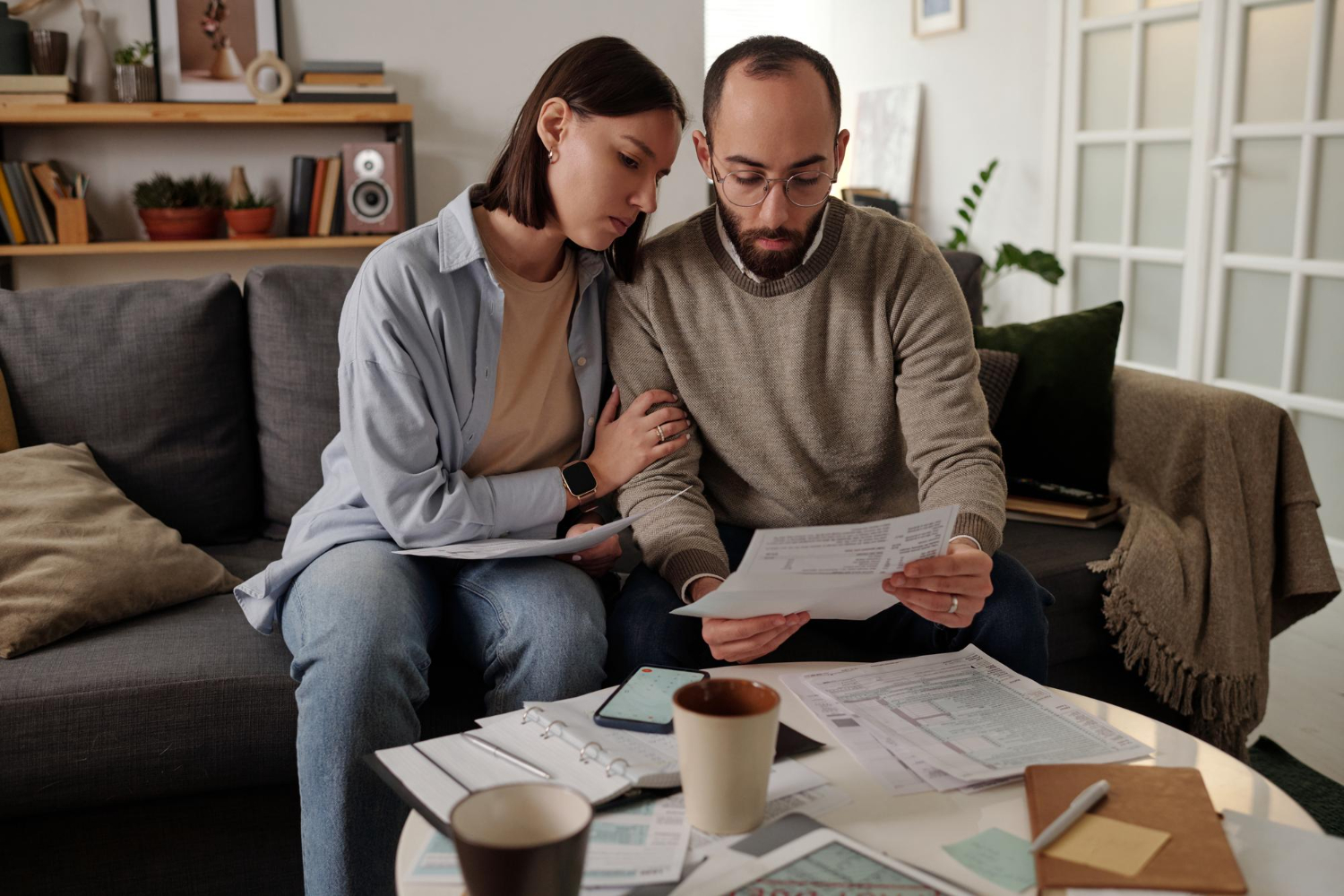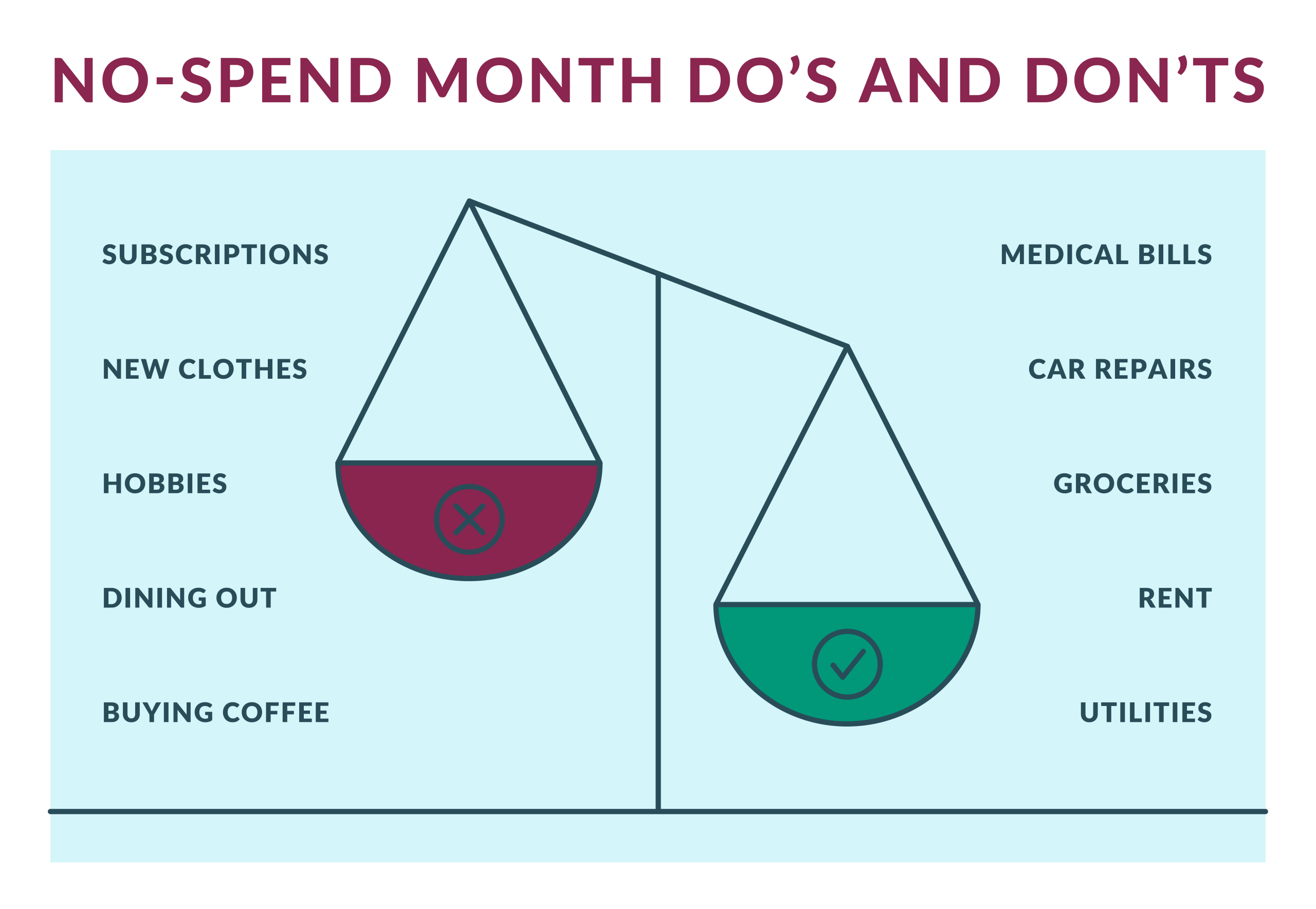Anúncios
Buying a house with bad credit may seem difficult, but it is not impossible. In the United States, many people face challenges with credit scores and still manage to purchase homes.
The secret lies in understanding your options, preparing financially, and taking strategic steps to overcome economic barriers.
In this guide, we show you how to buy a house with bad credit, present alternatives such as home loans for bad credit, and list practical tips to improve your situation.
Is it possible to buy a house with bad credit?
Yes, it is completely possible to buy a house even with a bad credit history. However, the journey may be slightly more difficult compared to someone with good credit.
This happens because lenders see a low credit score as a higher risk of default. But there are programs and strategies that make the dream of homeownership accessible.
Some options for these programs include:
- Government programs, such as FHA (Federal Housing Administration) loans, are more flexible regarding credit requirements.
- Looking for lenders specializing in home loans for bad credit, which offer tailored solutions for those with below-average credit scores.
With good planning and preparation, it is possible to overcome difficulties and secure mortgage approval.
What do lenders consider bad credit?
In the United States, credit scores are primarily measured by the FICO system, which ranges from 300 to 850. Here is how it is categorized:
- Excellent: 800-850
- Very Good: 740-799
- Good: 670-739
- Fair: 580-669
- Poor: 300-579
If your score is below 580, it is considered bad credit. However, lenders also analyze other factors, such as:
- Payment history: Frequent late payments are a red flag.
- Outstanding debts: A high ratio of debt to available credit can negatively impact you.
- Recent credit applications: Frequent credit inquiries can be seen as risky behavior.
- Credit history: A short history can make obtaining a loan more challenging.
Are mortgage rates higher for bad credit?
Mortgage rates for bad credit borrowers tend to be higher. This happens because lenders compensate for the additional risk by charging higher interest rates.
For instance, someone with a 620 credit score may pay a significantly higher rate than someone with a 750 score.
Thus, the difference can increase the total cost of the loan by tens of thousands of dollars over the years.
Improving your credit, even by a few points, can result in substantial savings.
Learn how to buy a house with bad credit
Although the process can be challenging, several strategies can help you buy a house with bad credit.
Check for errors on your credit report
Errors on credit reports are more common than you might think and can negatively impact your score.
Before applying for a loan, obtain a free copy of your credit report from official sites like AnnualCreditReport.com.
Carefully analyze the data on the report, checking for inaccuracies such as paid debts still appearing as outstanding or accounts that do not belong to you.
If you find something wrong, contact the credit bureaus to dispute the information. Fixing these errors can boost your score and significantly improve your chances of approval.
Research mortgages and their rates
Not all lenders have the same criteria for assessing bad credit.
Therefore, researching home loans for bad credit can reveal more accessible options, such as FHA, USDA (for rural areas), or VA (for veterans) programs.
Additionally, compare interest rates, payment terms, and requirements to find the best option for your situation.
Find a co-signer
A co-signer with good credit can help secure your mortgage. This person, usually a close relative or trusted friend, agrees to take responsibility for the debt if you fail to meet financial obligations.
However, this option requires mutual trust, as the co-signer also takes on financial risks.
So, make sure to openly discuss the conditions and ensure both parties understand the responsibilities involved.
Be cautious with guaranteed approval loans
In bad credit situations, it can be tempting to accept offers from lenders promising “guaranteed approval.”
Many lenders promise guaranteed approval but may charge exorbitant fees or include abusive terms in the contract.
Thus, read the conditions carefully and, whenever possible, consult a lawyer or financial expert.
Avoiding financial pitfalls is essential to ensure the dream of homeownership does not become a nightmare.
Save for the down payment
A larger down payment can compensate for your bad credit score. Additionally, it reduces the total loan amount and can improve your chances of approval.
Ideally, you should aim for at least 20% of the home’s value, but loans like FHA accept down payments as low as 3.5%.
Plan to save as much as possible and, if necessary, adjust your budget to allocate additional resources to this purpose.
Improve your debt-to-income ratio
The ratio between how much you owe and how much you earn monthly (debt-to-income ratio) is another important factor.
Keeping this ratio below 43% increases your chances of getting a loan.
To improve this proportion, consider strategies such as paying off smaller debts, reducing fixed expenses, or increasing your income through a second job or side projects.
How to improve your credit before buying a house?
Improving your credit can take time, but it is one of the best ways to make buying a house easier. Here are some practical tips:
- Pay your bills on time: Payment history is one of the most important factors in calculating credit.
- Reduce existing debts: Try to pay off credit card debt and other loans before applying for a mortgage.
- Avoid opening new credits: Additional credit inquiries can hurt your score, especially if done in a short period.
- Keep credit card balances low: Use less than 30% of the available limit.
- Use credit-building programs: Some financial institutions offer cards or loans designed to improve your credit.
- Monitor your credit regularly: Use monitoring services to track your progress and avoid surprises.
Buying a house with bad credit requires effort and planning, but it is not entirely impossible.
By understanding home loans for bad credit options, fixing issues in your credit history, and taking steps to improve your financial situation, you can turn this dream into reality.
Remember, every step taken today can save money and time in the future. Be patient, research your options, and do not hesitate to seek help from financial experts.
With determination, you can overcome the challenges and secure financing for the house you desire!
Also check out our content on how to improve your credit score for a mortgage.






